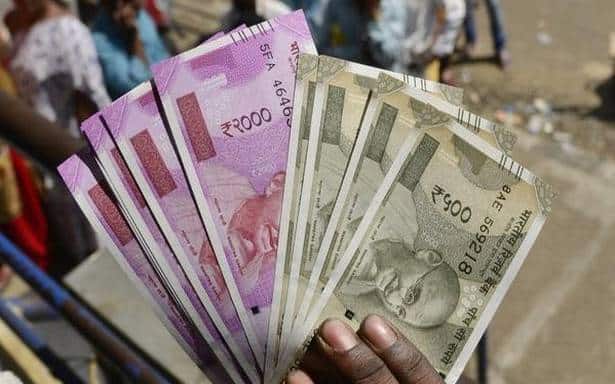New Delhi: In the winter session of Parliament next week, the Union Finance Minister is going to introduce the Financial Resolution and Deposit Insurance (FRDI) Bill, 2017.
Usually, there would not be much panic if there is any Bill tabled in the Parliament, but what concerns all of us is that our hard earned money deposited in the Banks may not return to us, i.e. banks doesn’t owe you any money though you have deposited your hard earned money with it.

Currently the RBI decides how to handle the debt burden lying on the banks, but after the passage of the FRDI Bill, a new corporation known as ‘Resolution Corporation’ would be created which will have the power to decide how to save banks from going into bankruptcy through ‘Bail–in clause.’ It would also decide how much of the depositors money shall be returned to them.

It means that banks do not owe you your hard earned money if it goes bankrupt.
Resolution Corporation would consist of 11 members. They include 1 Chairman, Union Finance Minister, and one member each from RBI, SEBI, IRDA, three full time members appointed by the Central government, and two independent members appointed by Central government.
Six out of eleven members of the Resolution Corporation come under the direct control of the government. So, basically it is a government controlled board which would decide how much of your deposited amount should be returned to you if bank goes into bankruptcy, and also decides whether Bail-in clause should be applied or not.
“Section 52 of the Bill says that Resolution Corporation may cancel, modify, or change the form of liability of the institution or cancel the liability altogether.”
This bill gives power to a government entity to use depositors money to save a bank on the verge of bankruptcy.
Yes! Our hard earned money that we have saved for our children and for our future.
Typically when a bank goes bankrupt, government uses the bail-out option, in which the government uses tax payers money to pump in funds to give a breath of life to the bank.
Bail-in simply means a situation where the depositors’ money, beyond the deposit insured, could be used to pump in equity into the bank that is on verge of going bust.
It means that say you have 10 lakhs in your account and if the bank has trouble, it can reduce your 10 lakhs to 1 lakh (the maximum covered by the 1961 deposit insurance law)
The bank can also convert your account balance to a fixed deposit, repayable after five years.
In short an innocent person’s money could be forcibly used to pull out a bank from its financial woes. And we will not be able to do anything about it. We won’t even be able to challenge that in court!
If this bill goes through it will simply snatch the authority you have on your deposit if your bank goes bust.
Why should an innocent depositor be punished for no mistake of his? With the downturn in economy, the bad loans are rising which means our deposits are at bigger risk of being taken away from us.

